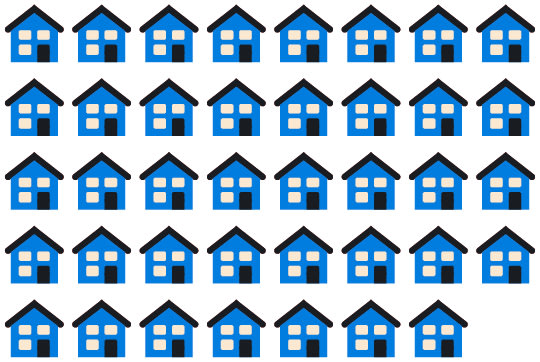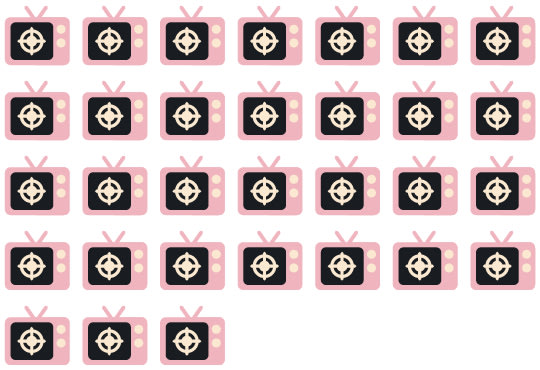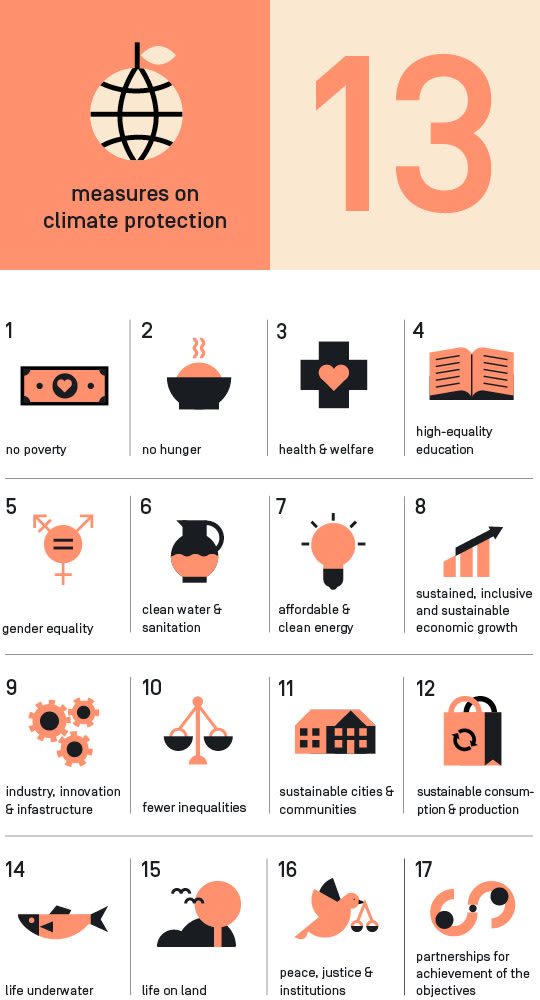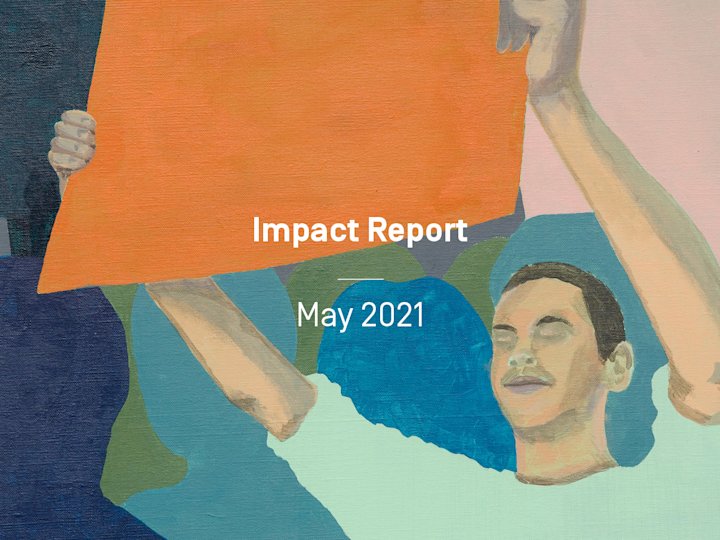Our Impact Report is a compact monthly update that keeps you up to date on our progress. This is where you’ll find all the latest facts and figures about our projects in May.

Your money is our capital – for change
Your money is our capital. Unlike at many other conventional banks, it is not invested in the arms industry, factory farming or coal-fired power plants. So the more money we take away from these banks, the better. Money, after all, needs to be part of the solution, not the problem.
The more money that is paid into our accounts, the more good we can do. In the month of May, our customers had a total of

euros in their Tomorrow accounts. That is equivalent to around:

3x the total costs of the German government’s Corona-Warn-App (plus marketing costs).
25,500,000 euros of which
are being invested in two “Green Bonds” to develop renewable energies.

6,000,000 euros of which
are being invested in a “Social Bond” to create social housing.

0 euros of which
are invested in the arms industry, factory farming or coal-fired power plants.

Our joint contribution to protecting the climate
Every time you use your Tomorrow card in a store, a small fee is paid to us by the retailer. But instead of pocketing the money for ourselves like other banks do, we are investing it in a forest protection project in Brazil. The more often you pay using your Tomorrow card, the more square metres of rainforest are protected.

square metres of rainforest were protected in May thanks to the climate protection contribution and other initiatives. That is equivalent to around:

39x the area of Arnis, Germany’s smallest town.
The Amazon is the world’s largest, intact rainforest and the climate protection contribution is helping to preserve it. The money is being donated to a forest protection project in Portel, Brazil, with the area we are protecting growing every month. That means we protected of a total of
17,557,568
m² of rainforest were protected in the month of May.

2,961,701
trees were preserved.

4,498,329
kilograms of CO₂ were bound.

Offset your carbon footprint with Zero
With Zero, our premium account, you can offset as much CO₂ as the average German emits in a year: around 11 tonnes. The more of our users who switch to Zero, the more CO₂ will be offset. Together we can make a significant change.

kilograms of CO₂ were offset by Zero in the month of May. That is equivalent to around:

31x the CO₂ emissions caused by the filming of one episode of popular German crime show “Tatort”.
With every Zero account, we compensate for as much CO₂ as the average German emits in a year: around 11 tonnes. Specifically, we are currently funding two climate protection projects; the biogas plants project in Vietnam is now fully financed.
4,273,505
kilograms of CO₂ were offset in the month of May with Zero.

2,136,752
kilograms by supporting smallholder farmers in Peru and protecting the rainforest.

2,136,753
kilograms by providing access to clean drinking water in Uganda. This removes the need to boil water over an open fire, which is harmful to the environment.
Tomorrow and the Sustainable Development Goals
In 2015, the United Nations defined a set of global goals for sustainable development: the Sustainable Development Goals (SDGs). Tomorrow is committed to these SDGs. In each of our Impact Reports, we will pick out one of the goals and explain in more detail how we are contributing to fulfilling it.

SDG 13: How Tomorrow is contributing to climate protection efforts.
As climate protection is one of our main areas of focus, we are involved in a wide range of projects designed to meet SDG 13. We also make sure that these projects not only benefit the climate but also the local people in the project regions and countries. For instance, this is done through our forest conservation projects in Portel, Brazil, through the use of the interchange fee (i.e. through your card payments) and through the forest conservation project in Peru that we are assisting as part of Zero. These projects ensure that forests are preserved in the long term and that protecting trees is perceived as being as more important than cutting them down. Project participants work together with the local population to protect the area from negative influences. Forests in different project regions absorb varying amounts of CO₂ per hectare. The vegetation and soil in tropical swamp forests, primary rainforests and mangroves take in particularly high levels of carbon.
As part of our Zero activities, we are also helping to supply clean drinking water in Uganda. Two billion people worldwide have no access to drinking water. Many families have no other choice than to boil water on an open fire using the simplest means. This causes CO₂ emissions and, in some regions, leads to greater and greater areas being deforested. These CO₂ emissions can be avoided by treating the water chemically (for example with chlorine), mechanically (with water filters) or by making groundwater from wells accessible.

Credit: Climate Partner
With investments in green bonds, you are also helping us to put our weight behind SDG 13. This is because green bonds permit funds to be raised for new and existing projects that benefit the environment and provide for a more sustainable economy. In other words, the money is being steered in the right direction. This includes for example developing renewable energies, using sustainable resources, conservation, clean transport and adapting to climate change.
We very recently added three green bonds to our investment portfolio, including the German state green bond. This bond is committed to the 1.5-degree target set out in the Paris Climate Agreement and the money is being invested in cycle lanes, public transport, renewable energies and in joint international efforts for more climate justice. One new addition is the KommuniKredit green bond, which is used in regional climate protection and to finance efficient, resource-friendly energy and heating. Another one is the green bond issued by Hamburg public transport operator Hochbahn AG – the driving force behind the transition towards more environmentally friendly mobility in Hamburg – to ensure that cities generate fewer harmful CO₂ emissions. You can find more about the new green bonds and what the funds are used for here.

We have increased our impact investments to more than €30 million!
Money needs to make a contribution towards positive change and a good future for us all. This is why we are financing – together with you – renewable energies, forest conservation and social projects in the Global South and offsetting massive amounts of CO₂. Investments in green and social bonds are an important lever for change, which is why we have now added a further three green bonds, increasing our impact investments to their current total of €31.5 million. All other details on this can be found here.
